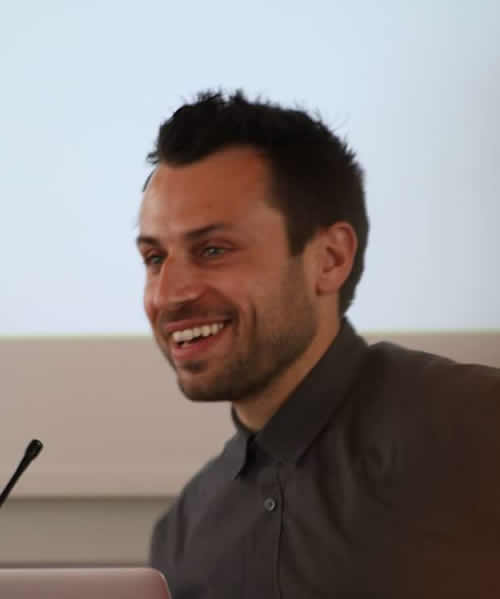The FIFA World Cup brings together 32 national soccer teams every four years. For any country in the world, it would be a privilege to take part in this event, but for some in particular, it’s almost a cultural imperative. For the first time since 1958, the Italian national team failed to qualify, and the public reactions reflected by some major Italian newspapers were vehement: “National shame” for Il Messagero or “Apocalypse” for La Stampa. Matteo Salvini, current deputy prime minister of Italy and leader of the anti-immigrant Northern League at the time, wrote: “Too many foreigners on the field” and reacted on Twitter “#StopInvasion, and more space for Italian guys, also on the soccer field” (reported by the New York Times).
The deeply rooted connections between soccer and national popular culture in many countries seem very strong. Broadcast sports, and soccer in particular, are prime sites for the expression of major political feelings. This is why leaders try to take advantage of it and react, surfing on the wave of passions. But how come a physical activity, a game with basic rules between few players, can produce such an emotional reaction at a national (or even international) level? The reason might be simple: sport isn’t just about sport. As the French sociologist Jean-Marie Brohm said, sport is “the opium of the people” and in certain circumstances this is definitely the case.
On July 15, 2018, the French soccer team won the final of the FIFA World Cup in Russia. Social media, as well as public figures and world leaders, reacted to this victory by suggesting this was (also) a victory for Africa. Most of the comments, posts, or tweets referred to this continent in an ostensibly positive way. Celebrating Africa is not necessarily a lack of respect for France. But the reactions from the French side were perceived very differently: on the one hand because France hasn’t fixed all its past relationships with its former colonies in Africa; but mainly on the other, because the concept of national identity in France is specific.
This debate about the origins of the different players was not so intense in France, but the outpouring of reactions from abroad made the players themselves react in social media. In the first place, the combination of identities from France and another nation or any other foreign place of origin seemed impossible from the French perspective. Therefore, even the French ambassador in the United States wrote a letter addressed to Trevor Noah (South African comedian and Daily Show host who declared previously on his show: “Africa won the World Cup”).
Venezuelan President Nicolas Maduro, during the celebration of Police Day (July 16), stated: “The French team seems like the African team. In reality Africa won, the African immigrants who arrived in France,” and “How much have they despised Africa, and in the football World Cup France won the trophy thanks to African players or the sons of Africans” (transcription and translation from the Times [South Africa]).
All those comments or expressions aren’t the same but, in their attempts to show a positive achievement related to Africa, they have also revealed something about France. This debate illustrates the assimilationist model of French citizenship and the difference with the integrationist model of the United States or United Kingdom. From a French perspective, these players are simply French, and the reference to Africa can be seen as reprehensible or dismissive of this perception of nationhood (for example, Jean-Christophe Lagarde, a politician and deputy from the French Parliament, is filing a complaint against Maduro for ‘incitement to racial hatred’).
Soccer, and especially the World Cup, can be seen as one of the most important sites of massive popular celebration. However, the everyday reality of athletes is not made of frequent great victories. These previous reactions just lead us to be more careful about what we celebrate and how we do it. Nelson Mandela was particularly aware of the power of sport and its capability of teaching humanistic values. One of his famous quotes is: “I never lose, I either win or learn.” I think we should learn to celebrate even the smallest victories and to cherish the many lessons that sport can give us. In any sport and in every nation.

